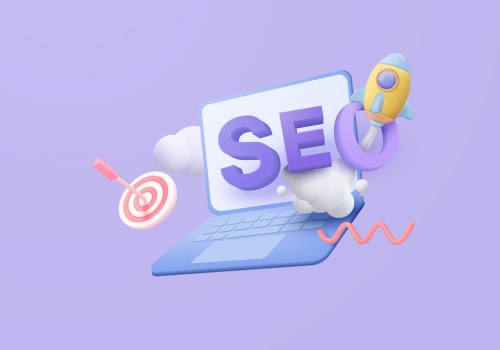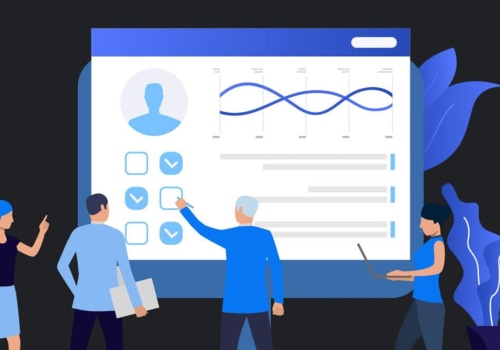A lead generation company gathers business and consumer information that it can then sell to a company that wants to buy new potential customers. It uses different categories to organize data in a way that is relevant to the target market, and some may even organize potential customers based on levels of “warmth”. Generally speaking, any company that generates leads or calls and sells them to one or more potential buyers is known as a lead generation company. While many companies use their own marketing methods to generate leads for their own use, lead generating companies generate leads with the sole intention of selling them to end service providers.
Lead generation builds trust, visibility and credibility in your business, specifically for the type of people who might be interested in your products. They help you generate traffic with high-quality leads so you can convert them into sales. Lead generation companies collect consumer and B2B data and sell it to companies looking to buy new potential customers. They use different methods to segment and classify data to ensure that buyers get the right contacts.
It's important to commit to an ongoing test plan for lead generation and, potentially, to a marketing automation solution that will help you achieve that. These lead generators are just a few examples of lead generation strategies you can use to attract potential customers and guide them to your offers. Other agencies sometimes take advantage of generic lead generation to capitalize on their experience and generate revenue when the business is slow or simply to supplement their profits. If a company focuses on the quality of potential customers, the chances of converting a potential customer into a customer increase dramatically.
Lead generation is the process of attracting potential customers to your business and increasing their interest through nurturing, all with the ultimate goal of converting them into customers. Unfortunately, Cognism doesn't have profiles on Upcity and Clutch like other lead generation companies. These three general examples highlight how lead generation differs from company to company and from person to person. For example, some online lead generation services resell lead lists to different customers or ask you to pay for invalid leads.
Sending a cold email to a potential customer is still an effective strategy for generating good leads. The reality is that you often see the most effective lead generation strategies when all departments of a company work together. Adopting lead generation is essential for all B2B companies or any B2C company that offers a purchase considered to be of high participation. Serving your target audience through lead generation alone can ensure that your brand is perfectly suited to the right customers.
If all marketing does is send leads to the sales team without comment, they'll assume that sales are taking place and will continue to generate leads. Scoring and criteria are something that you may have to modify along the way to find the formula that works, but once you do, you'll transform your lead generation into customer generation. Instead of offering a free quote for Geico insurance, a generic lead generator would use its own brand (e.g.







